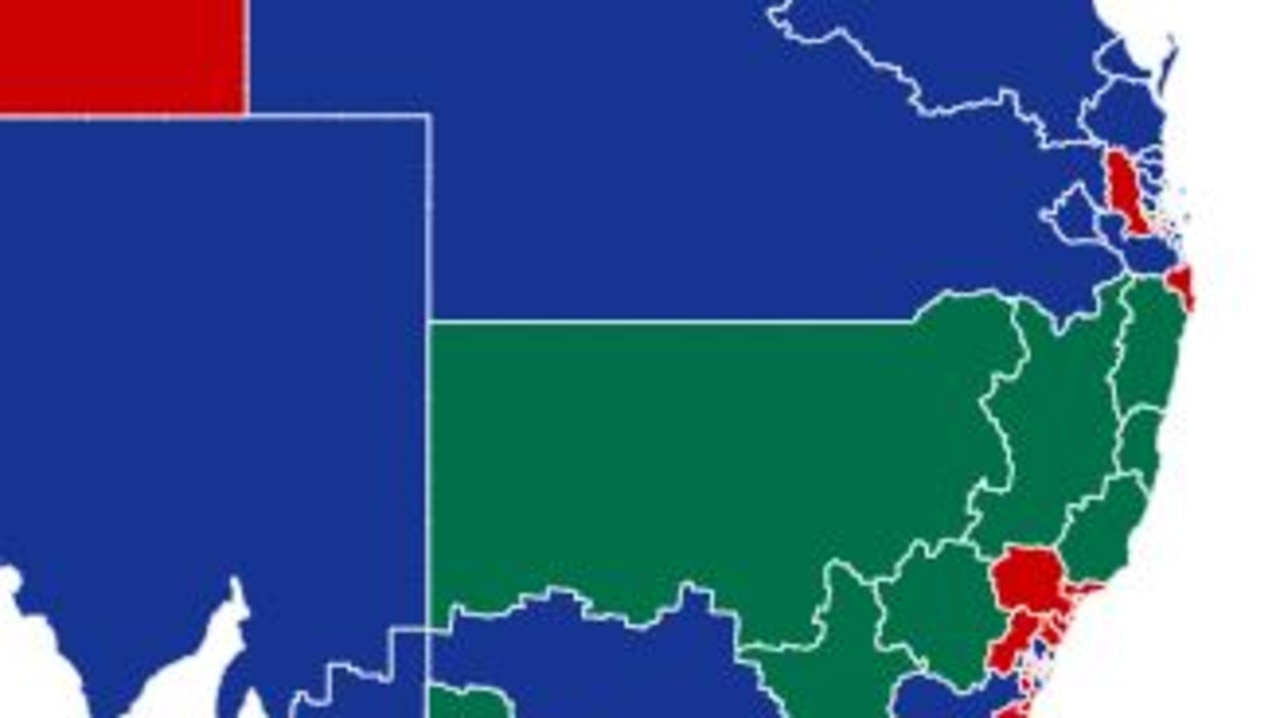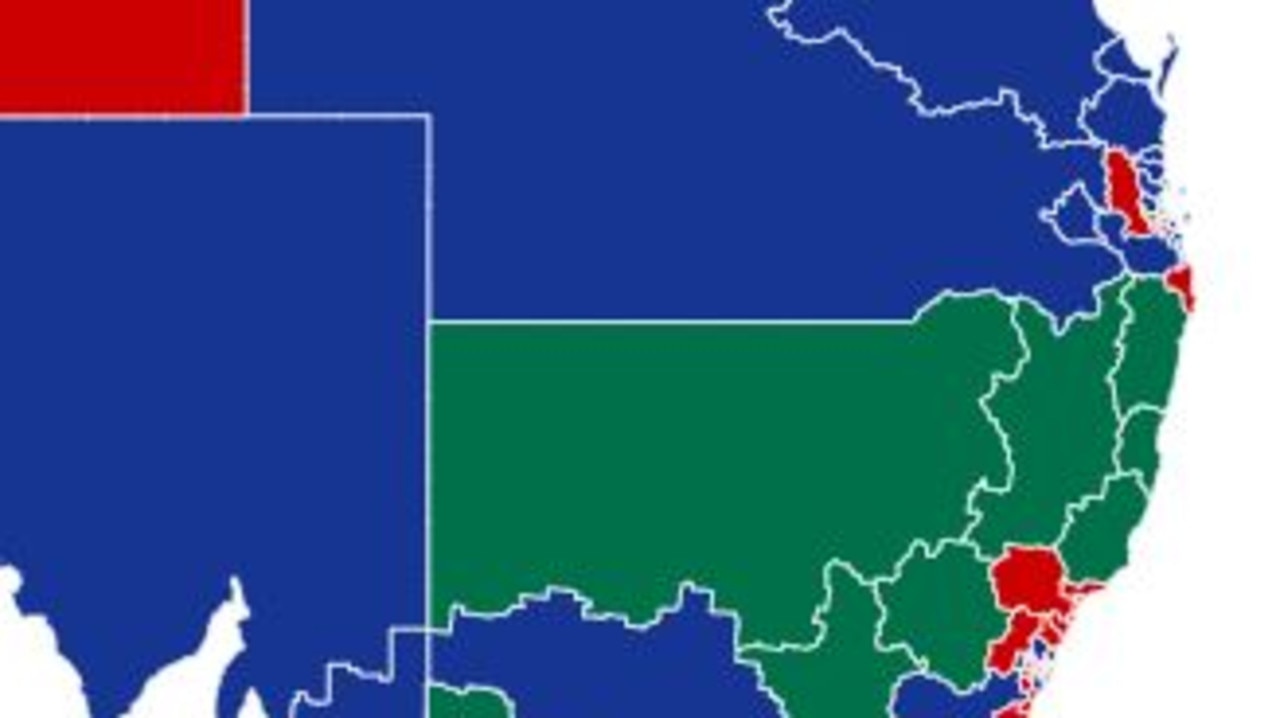Federal election 22: Life under Labor – unanswered questions about Anthony Albanese’s policies
If the polls are correct, Anthony Albanese is Australia’s next PM. But under the glossy campaign documents for voters, grey areas still don’t stack up.
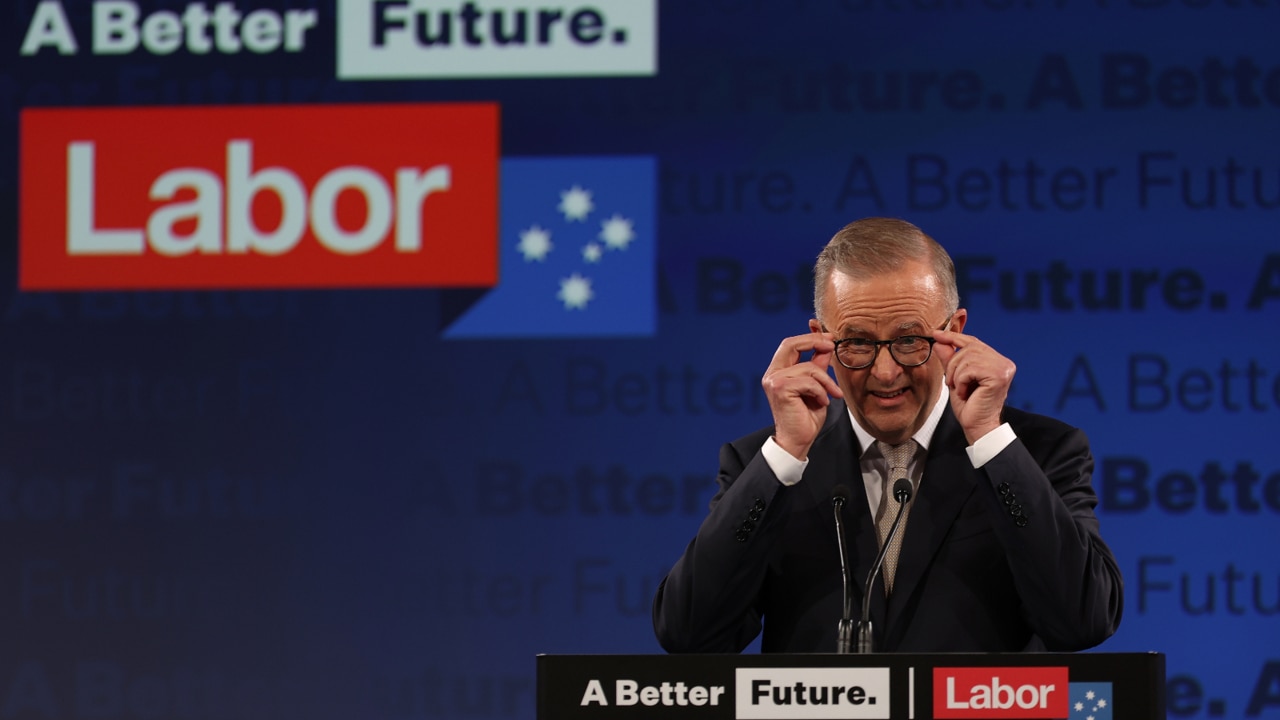
Federal Election
Don't miss out on the headlines from Federal Election. Followed categories will be added to My News.
Anthony Albanese is favourite in the polls to be Australia’s next prime minister – reinventing himself as a politician for all people, not just radical left-wingers.
Gone are the extreme views that saw him, as a young man, implore the Labor Party to join the Soviet Union, North Korea and Cuba in backing the Marxist-Leninist guerillas of El Salvador.
A very much middle-of-the-road Mr Albanese has adopted a small-target approach not only during the election campaign, but through his entire three years as ALP leader.
Unlike his predecessor Bill Shorten, Mr Albanese has not presented more than 250 costed policies to the electorate for consideration.
A voter cannot get a proper sense of how life will be different after Sunday by simply looking at the material Labor has put before the public.
So here, News Corp Australia sifts through the grey areas of an Albanese government – now a 68 per cent likelihood based on betting markets – to reveal shifts you won’t find in the glossy policy documents.
COLD COMFORT ON COAL
“No mines will be affected in the Hunter by our safeguard mechanism,” Labor’s candidate for the regional NSW seat Dan Repacholi recently told a televised debate.
However, Opposition climate change spokesman Chris Bowen has publicly said coal mines will be captured by the ALP’s plan to reduce the combined emissions of 215 big polluters – including more than 60 coal mines – by five million tonnes a year.
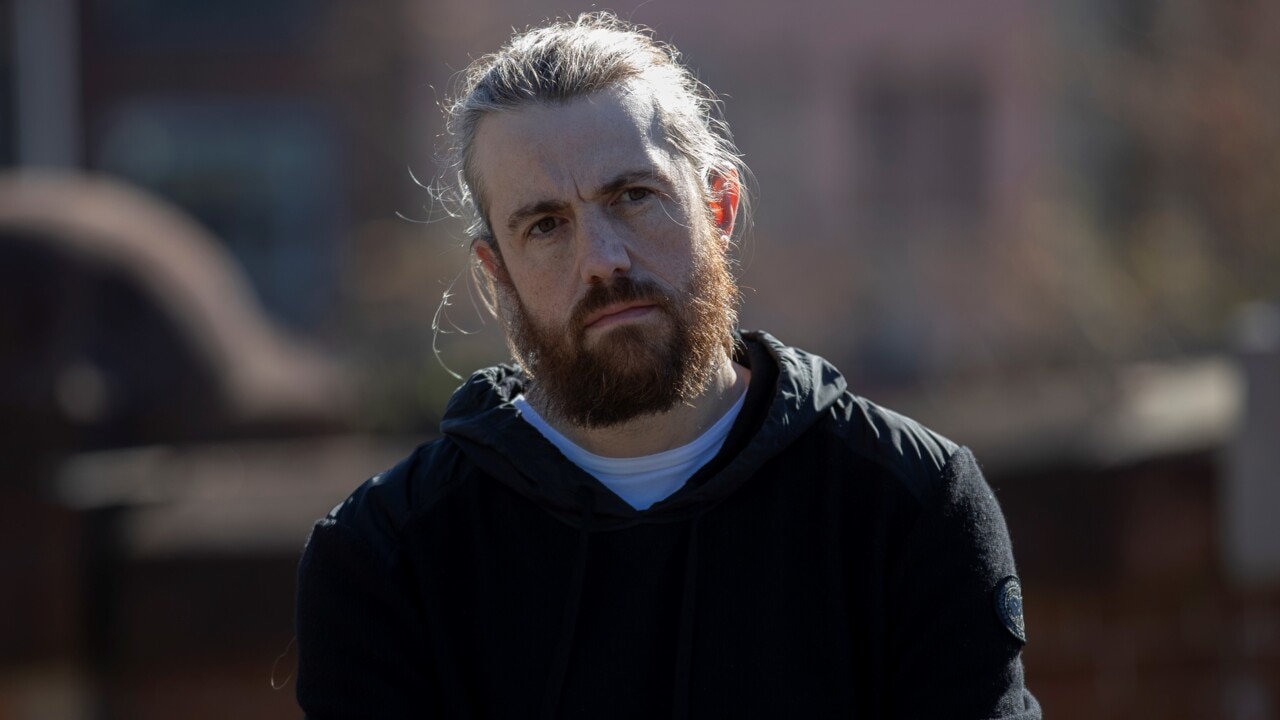
Coal mining companies told News Corp there has to be a cost for them, but they don’t know what it is because Labor hasn’t said. Some liken it to a carbon tax by stealth.
The Coalition established the safeguard mechanism, which puts a cap on large emitters. It is not seeking to tighten the limit.
Tightening the limit is one of the ways Labor can achieve its 2030 emissions cut target of 43 per cent. The Coalition’s is 26 to 28 per cent, although Scott Morrison has said 35 per cent will be achieved.
WARMING TO THE UN
Mr Bowen has also said an Albanese government will bid to host the 2024 United Nations Conference of the Parties, or COP29 – the biggest event on the UN calendar and the largest climate change meeting on the planet.
The Australia Institute’s climate and energy program director Richie Merzian said “hosting a UN Climate Conference would help reset Australia’s diplomatic reputation as a laggard and provide an opportunity to showcase Australia’s leadership on climate”.
To be considered as host, Australia would have to rejoin the UN Green Climate Fund with an investment of at least $200 million, Mr Merzian said.
There may also be pressure on Labor to deepen its 2030 carbon cut target.
Mr Merzian said 43 per cent “falls short of the science”.
EACH WAY ON WAGES
On Tuesday last week Mr Albanese initially declined to support the ACTU’s push for an official 5.5 per cent.
Later that day he said he “absolutely” supported an increase in line with the inflation rate of 5.1 per cent. “We think no-one should go backwards,” Mr Albanese said.
But two days later, he said his pledge only applied to the 2 per cent of workers on the minimum rate.

But that is not how the Fair Work Commission’s annual wage review typically operates. The increase set by the FWC would likely apply to the one in four workers on awards.
The Ai Group, whose members employ 750,000 workers, has said a 5 per cent increase is not sustainable.
Ai CEO Innes Willox told News such an increase would “fuel inflation and lead to higher interest rates on mortgages, personal loans and credit cards than would otherwise be the case. Higher inflation and higher interest rates would have a particularly harsh impact on the low paid.”
Labor has yet to make a submission to the review process. The current government submission does not nominate a preferred increase.
The FWC is independent. Its award review decision usually takes effect on July 1.
A VOICE INDIGENOUS VOICE IN THE CONSTITUTION
It’s quite possible that on a Saturday next May you’ll head back to your local school, church or town hall for another vote – on whether to amend the Constitution to recognise Indigenous Australians through a “Voice to Parliament”.
Mr Albanese has said that in his first term he wants a referendum on a Voice.
Advocates have proposed May 2023 as a suitable time.
The change would enshrine Aboriginal and Torres Strait Islander people in the lawmaking process on matters that affect them.
The Morrison government prefers a process that would establish an Indigenous advisory body that does not require the Constitution to be changed.
Mr Albanese will also pursue a treaty.
At Uluru last year, he said: “I want a voice and truth, then treaty, to be part of our national journey and our national life.”
BYE BYE ABCC. HELLO CFMMEU
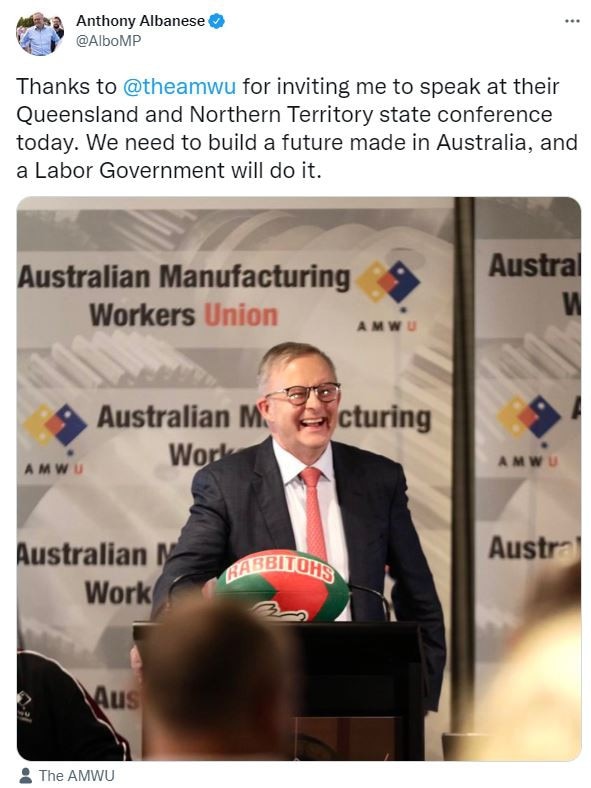
Mr Albanese has said Labor would seek to abolish the “ridiculously politicised” Australian Building and Construction Commission.
That would be good news for the ABCC’s chief target, the Construction, Forestry, Maritime, Mining and Energy Union (CFMMEU) and its leaders including household names such as John Setka.
Last month Ernst & Young research commissioned by the Master Builders Association (MBA) concluded getting rid of the ABCC could result in a $47.5bn hit to the economy.
It found nearly 70 per cent of businesses believed the ABCC has reduced levels of unlawful industrial action.
MBA CEO Denita Wawn recently said getting rid of the ABCC “will leave more than 400,000 small mum-and-dad builders and tradies exposed to union thugs and bullies”.
Mr Albanese is no friend of Mr Setka’s but he is seen as close to the CFMMEU’s mining and energy division general president Tony Maher, as well as ACTU leader Sally McManus, and the Australian Manufacturing Workers’ Union, which, like Mr Albanese, has its roots in the ALP’s hard left.
ON CORBYN’S SIDE?
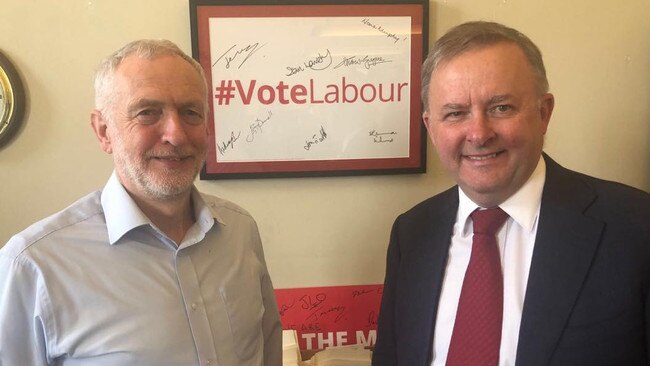
A section of Mr Albanese’s official website is called “On Your Side”. It says “some people go through life not picking sides. I get that – but it’s not me … A long time ago I picked a side. Yours.”
The slogan “On Your Side” has been co-opted from the campaign of former UK Labour leader Jeremy Corbyn.
Barack Obama described Bernie Sanders as “pretty centrist” compared with Mr Corbyn, who handed Boris Johnson a landslide victory in the 2019 British election.
Prior to Mr Corbyn’s political demise, and Mr Albanese’s political transformation, the now-Labor leader and then-Labour leader met on many occasions, discussing policy.
“Albo historically would have been much closer to Corbyn but recently he’s become much more centrist,” government relations consultant and former Shorten chief of staff Cameron Milner told News Corp.
Australia’s relationship with the UK has become even more important since Mr Morrison struck the AUKUS pact. Australia’s access to nuclear submarine technology may come via the UK.
Whether Mr Albanese would have a testy relationship with the Conservatives’ Mr Johnson remains to be seen.
In 2012, Mr Albanese said “I like fighting Tories. That’s what I do. That’s what I do.”
But Mr Milner suggested the two leaders may find they have a lot in common, as both have highly interventionist tendencies.
DUCKING DONALD
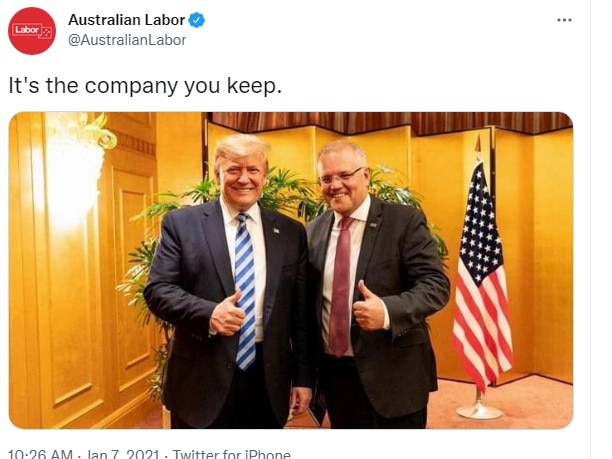
It is more likely that there will be a strain with the US should Donald Trump return to the White House. The polarising Republican is the currently overwhelming favourite to win in 2024.
In January last year, after the Capitol Hill riots in Washington DC, the official Labor Twitter account condemned Mr Morrison for posing for a picture in 2019 with the then US president prior to a G20 summit in Japan.
Got a story tip? Email us at federalelection@news.com.au
Know some goss or seen something in your electorate? Contact us at election.confidential@news.com.au




